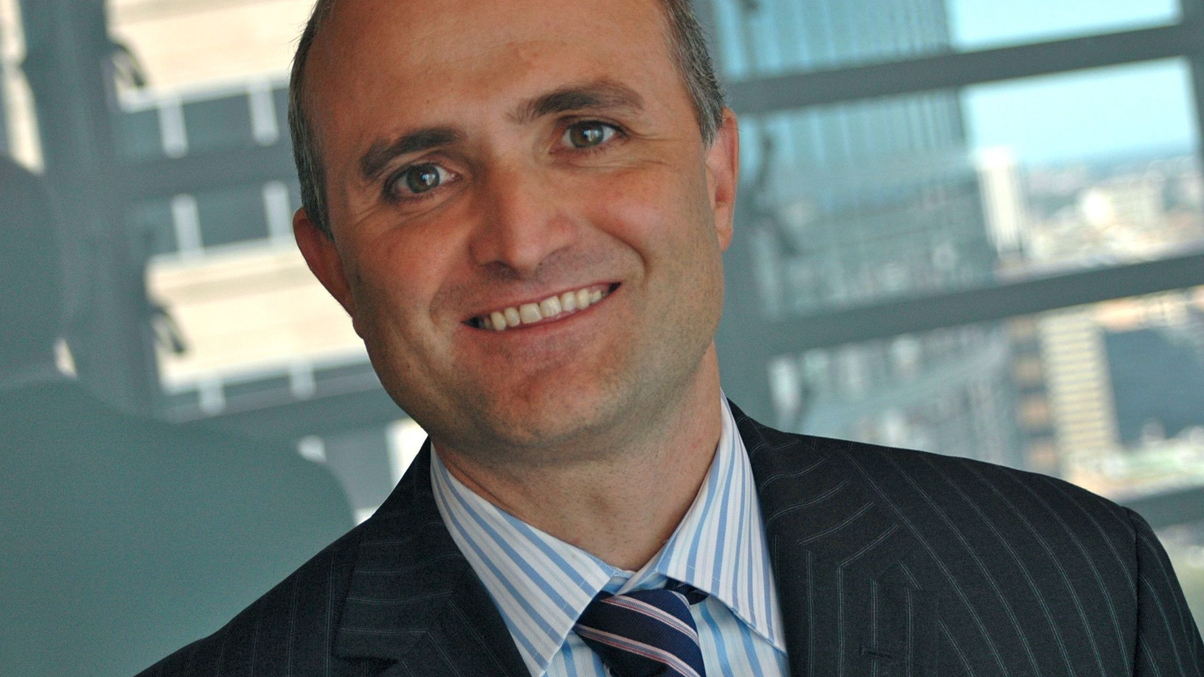Nomura sees end to proprietary-client model
The bank's Asia-Pacific joint head of equities, John Adair, argues the model of running proprietary and client equity business in parallel is unsustainable in this regulatory environment.

Japanese bank Nomura says the transfer of all agency execution business to its affiliate Instinet – instead of folding the unit into the investment bank – demonstrates its view that the traditional model of running client and proprietary business under one roof is unsustainable.
Sign in to read on!
Registered users get 2 free articles in 30 days.
Subscribers have full unlimited access to AsianInvestor
Not signed up? New users get 2 free articles per month, plus a 7-day unlimited free trial.
¬ Haymarket Media Limited. All rights reserved.


